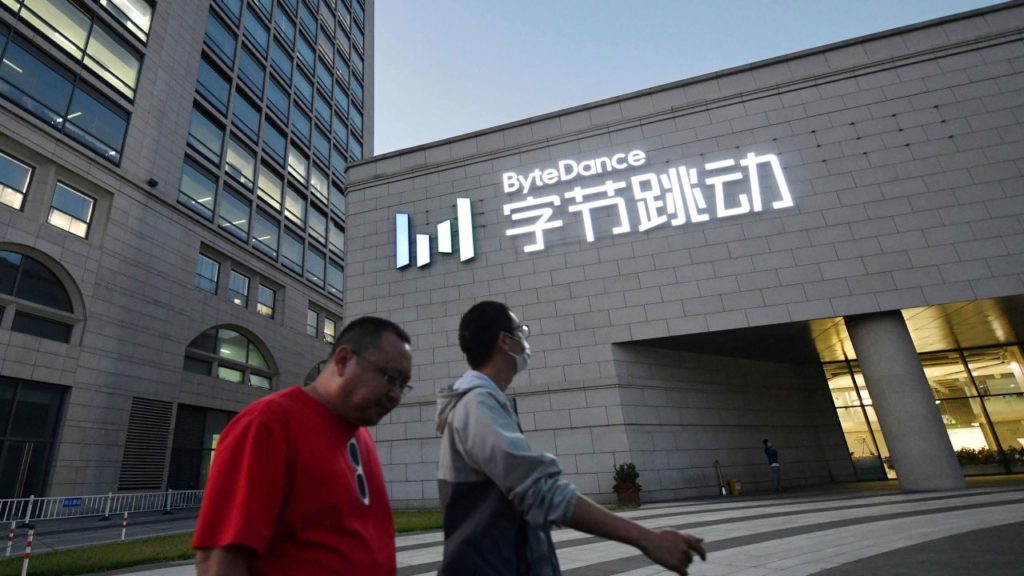|
Getting your Trinity Audio player ready...
|
China has expressed its firm opposition to any potential forced sale of TikTok, amid increasing demands from the Biden administration for the app’s Chinese owners to sell their stake in the company or face a ban in its most important market.
This marks China’s first direct response to the demands and comes as TikTok CEO Shou Chew testified in front of US lawmakers about the app’s ties to Beijing. The Chinese Commerce Ministry said on Thursday that a forced sale of TikTok would “seriously damage” global investors’ confidence in the United States, indicating that the Chinese government may have veto power on the sale.
Shu Jueting, a spokeswoman for the ministry, added that any potential deal would need approval from the Chinese government, stating that “the sale or divestiture of TikTok involves technology export, and administrative licensing procedures must be performed in accordance with Chinese laws and regulations.”
Previously, Beijing did not weigh in directly on a potential forced sale. However, starting in 2020, it had signaled it wanted to protect Chinese technology by adding recommendation algorithms, which could include TikTok’s, to a list of technologies restricted for export. TikTok’s algorithms, which keep users engaged with the app, are believed to be key to its success.
On Thursday, Chew testified before US lawmakers in his first congressional hearing, seeking to provide nuanced answers and ease concerns about the company and its parent, Beijing-based Bytedance.
However, he was frequently interrupted and called evasive by lawmakers. After more than five hours of testimony, the lawmakers expressed deep skepticism about his company’s attempts to protect US user data and ease concerns about its ties to China.
That means there will likely be more calls by Washington to ban TikTok if the company does not spin itself off from its Chinese parent, analysts said.
Chinese regulators first added algorithms to the restricted list of technologies in August 2020, when the Trump administration threatened to ban TikTok unless it was sold. Analysts and legal experts believe that Beijing may ultimately prefer for TikTok to leave the US market rather than surrender its algorithm.
In December 2020, Chinese officials proposed tightening the rules governing the sale of content-based recommendation algorithms to foreign buyers. The algorithms give recommendations based on users’ behavior, pushing videos they actually like and want to watch. TikTok’s algorithms are believed to be key to its success.
The controversy over TikTok is part of a broader trend of increasing tensions between the US and China over technology and national security. US officials have repeatedly expressed concerns that Chinese-owned apps could be used to collect sensitive information on American citizens, and they have taken steps to limit Chinese companies access to US technology and markets.
The situation highlights the growing importance of technology in global politics and the increasing role that governments are playing in regulating the tech industry. As technology companies become more powerful, they are likely to face increasing scrutiny and regulation from governments around the world.
In the case of TikTok, it remains to be seen what the ultimate outcome will be. However, one thing is clear: the controversy is unlikely to die down anytime soon. As tensions between the US and China continue to simmer, tech companies with ties to China are likely to remain under the microscope, raising important questions about how to balance national security concerns with the need for an open and global internet.
